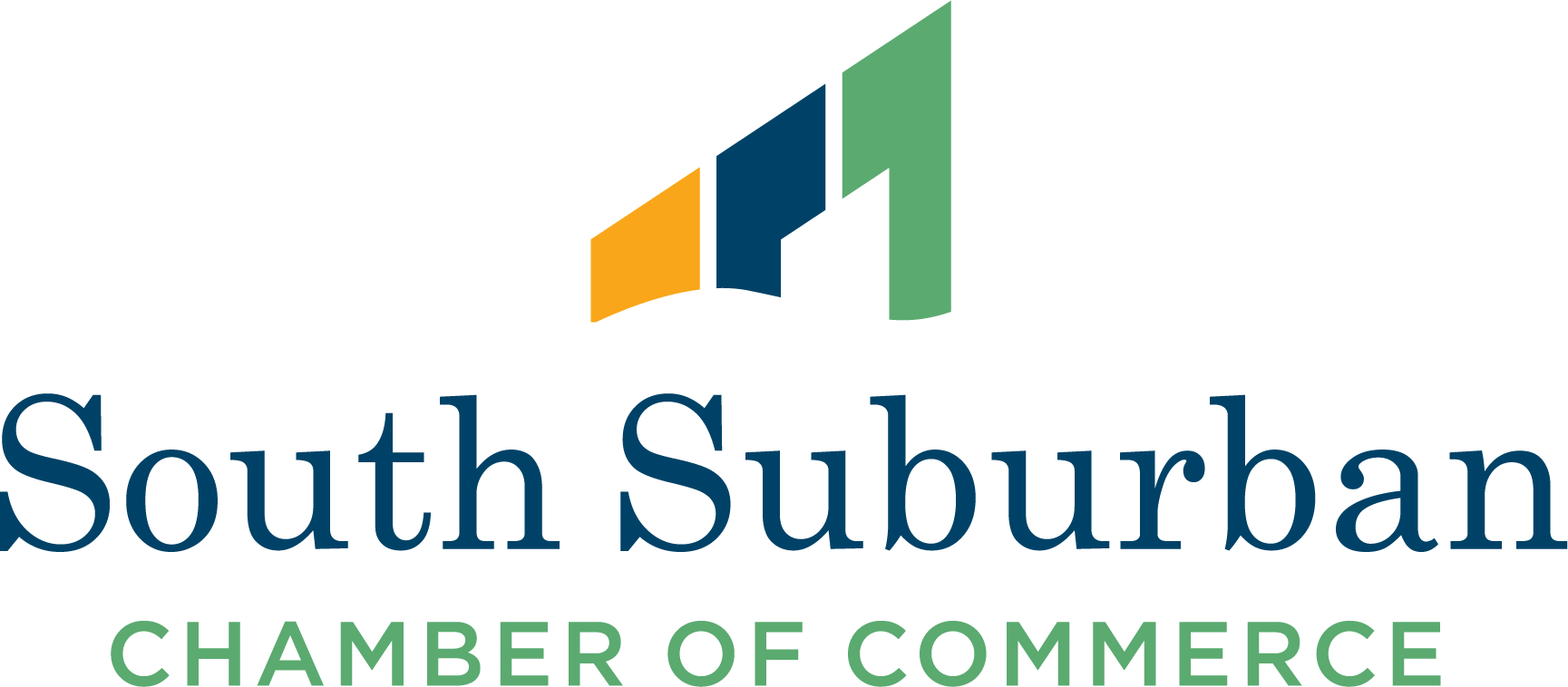Essential Early Investments to Build a Strong Business Foundation
Starting a business is both exciting and daunting. Once you’ve registered your company and built your first offering, the next challenge is making sure the foundation is strong enough to support growth. A few strategic investments early on can save countless hours, avoid costly mistakes, and accelerate traction.
1. Build Financial Resilience Early
Opening a dedicated business bank account is one of the first critical moves. It separates personal and business finances, simplifies taxes, and builds credibility with vendors and customers. Many entrepreneurs also explore small business grants or low-interest microloans to help with cash flow during the first year.
2. Protect Your Brand and Reputation
From registering a domain to locking in trademarks, protecting your brand identity early is key. Consider exploring business name registration to secure your legal rights, and set up a professional website with clear contact details to build trust.
3. Streamline Agreements with Digital Signatures
One area that often slows down new businesses is paperwork. Using digital signatures allows you to quickly and securely sign vendor, client, and employee agreements from anywhere. These signatures are supported by digital certificates, offering strong identity verification and compliance with global standards. This small investment removes friction and ensures your contracts remain enforceable across jurisdictions.
4. Prioritize Marketing Infrastructure
While referrals are valuable, sustainable growth comes from visibility. Early investments might include:
-
A professional website optimized for mobile.
-
Local SEO works so you appear in map results and directories.
-
Simple but consistent email marketing campaigns.
-
Placement in local chamber of commerce directories for added credibility.
5. Invest in Tools That Scale With You
Choosing the right platforms early prevents expensive migrations later. Look for scalable accounting software, HR systems, and customer support tools. For example, project management tools like Trello can support solo founders and scale with growing teams.
📊 Core Investment Areas at a Glance
|
Category |
Why It Matters |
Example Resources |
|
Financial Foundation |
Credibility, compliance, tax readiness |
|
|
Legal & Compliance |
Prevent disputes, protect IP |
|
|
Marketing & Visibility |
Attract and retain customers |
|
|
Operations & Tools |
Efficiency and scalability |
FAQ: Common Questions from First-Time Founders
How much should I budget for startup tools in the first year?
Most small business owners spend between $1,500 and $5,000 on software, licensing, and core systems. Starting lean is fine—just ensure your tools can scale.
Is it worth joining a chamber of commerce?
Yes. Chambers not only increase local visibility but also provide networking, mentorship, and potential introductions to partners or investors.
Should I hire professionals or DIY early tasks?
Invest in professionals for legal, accounting, and tax compliance. For marketing and day-to-day operations, it’s often cost-effective to start small and expand as revenue grows.
What if I can’t afford everything at once?
Prioritize financial separation (bank accounts, accounting tools) and legal compliance first. Marketing and operational tools can be added progressively.
Conclusion
The early months of a business are about setting a sturdy foundation. By investing in financial clarity, legal protection, trusted agreements, marketing visibility, and scalable tools, you’re not just surviving launch—you’re preparing for long-term growth. A few smart decisions now will pay dividends for years.
Join the South Suburban Chamber of Commerce to connect with local businesses, enhance your network, and contribute to the vibrant growth of southeastern Wisconsin’s economy!
This Hot Deal is promoted by South Suburban Chamber of Commerce.

